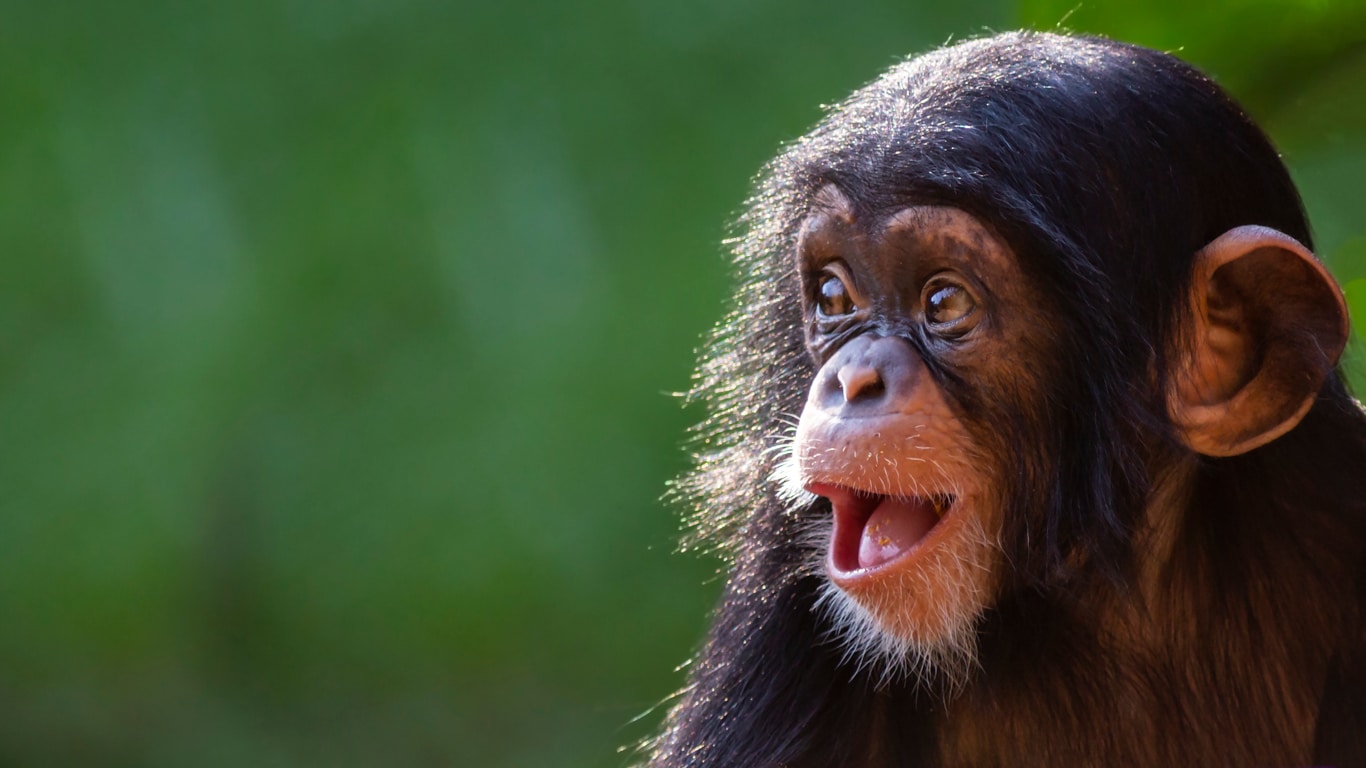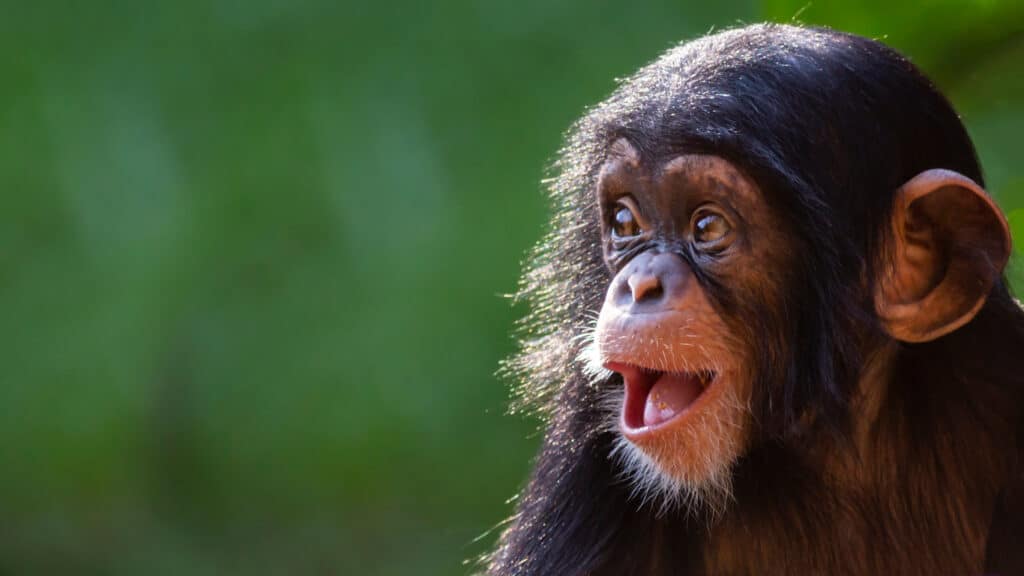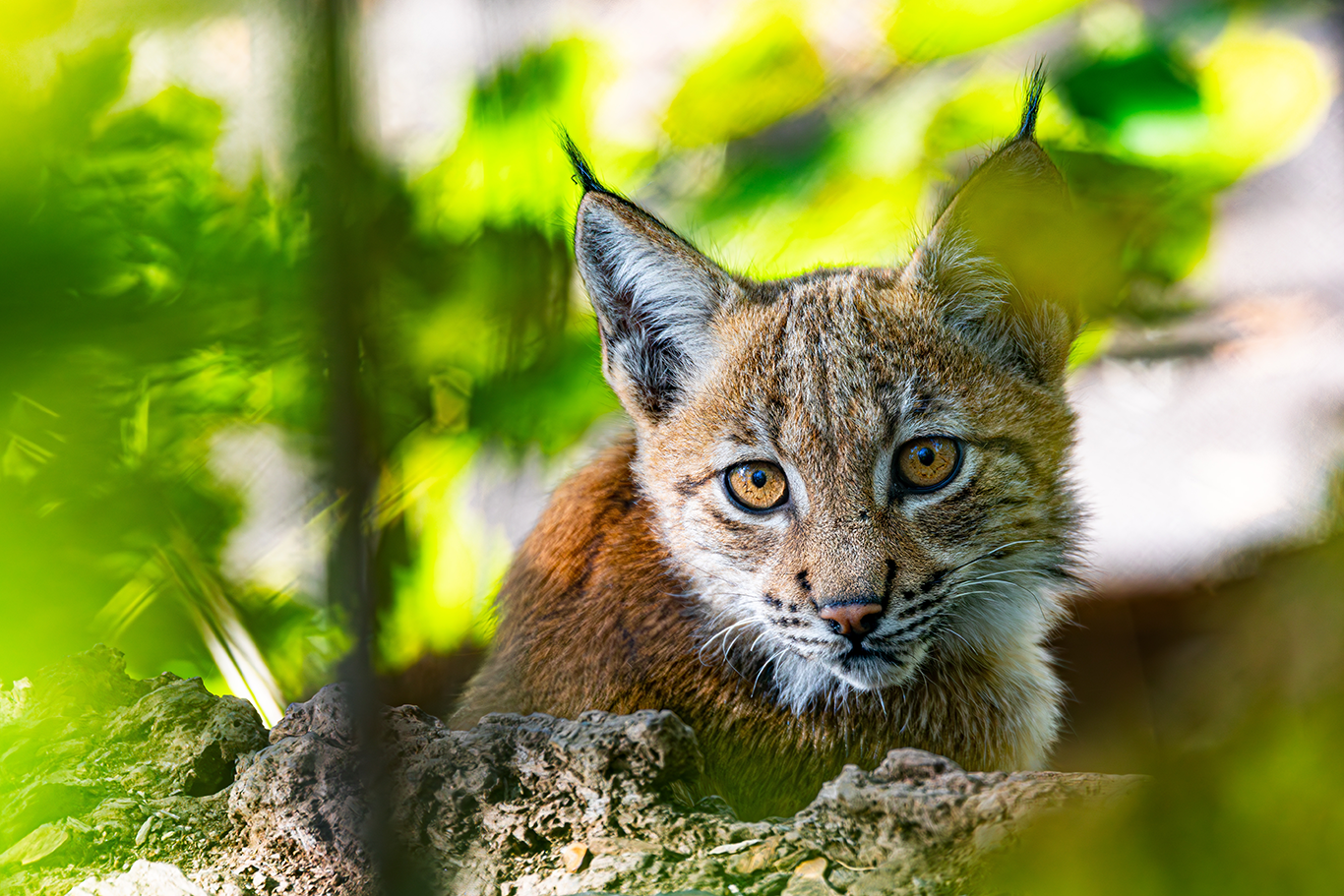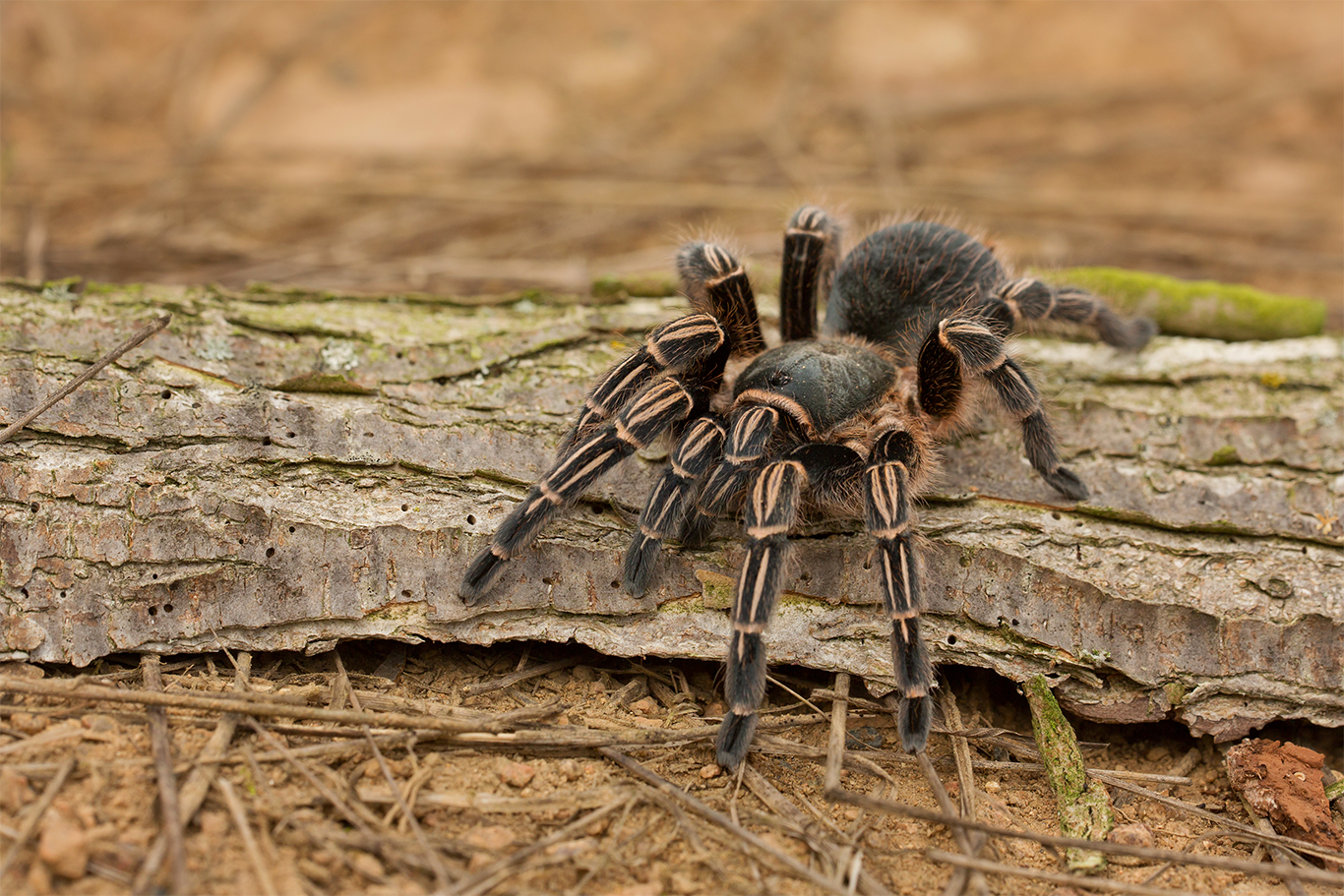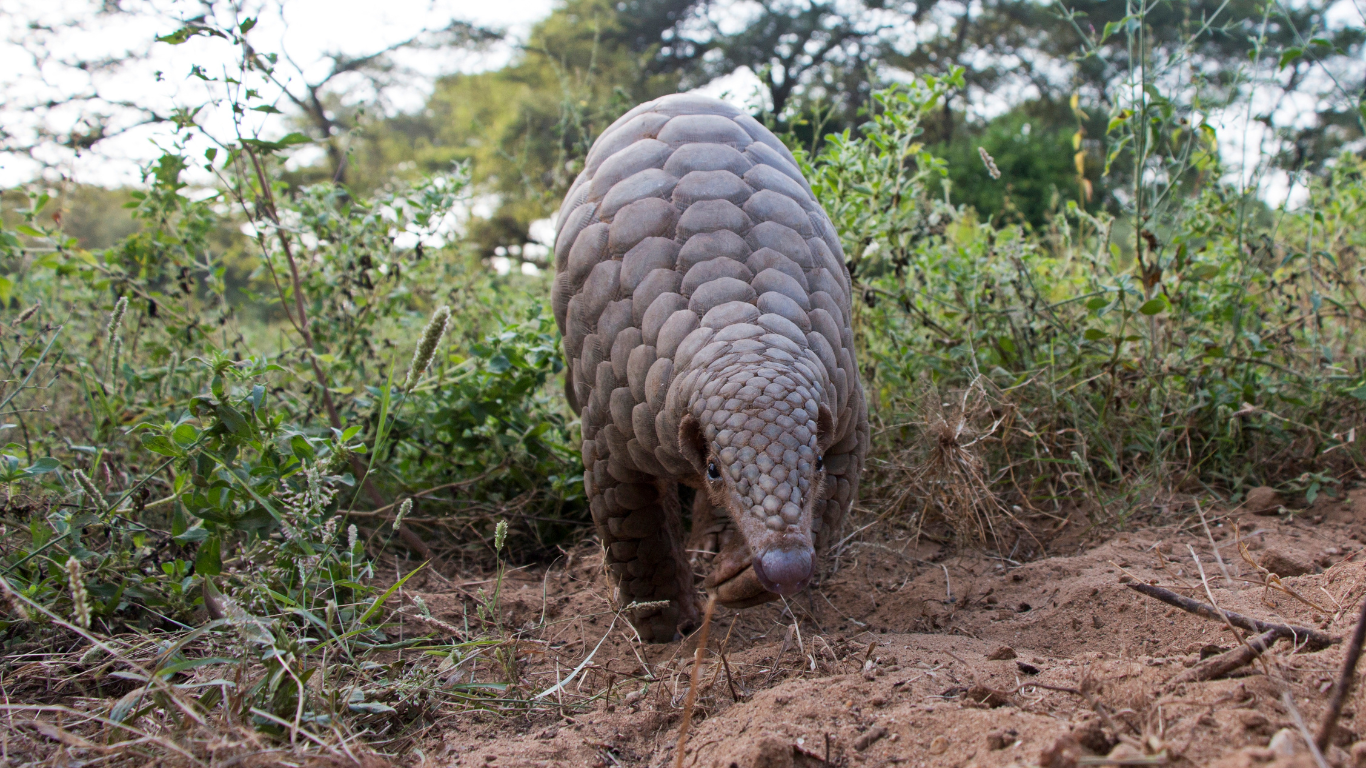Is this the new trend in animal wildlife crime? An animal sanctuary in the Democratic Republic of Congo (DRC) has been hit with a ransom demand after three of its baby chimpanzees were kidnapped, reports CNN.com.
“This is the first time in the world that baby apes were kidnapped for ransom,” Franck Chantereau, founder of the Young Animals Confiscated in Katanga (JACK) Sanctuary, told CNN. The sanctuary is situated in Lubumbashi near the border of DRC and Zambia – a key smuggling route between Congo and South Africa, from where apes are exported to the rest of the world.
The kidnappers broke into the sanctuary in the early hours of the morning on September 9th and stole three of five baby chimpanzees that had been rescued this year – César, Hussein and Monga. The remaining two were later found hiding in the kitchen of the sanctuary.
An hour after the break-in, kidnappers sent three messages and a video of the abducted animals to Chantereau’s wife.
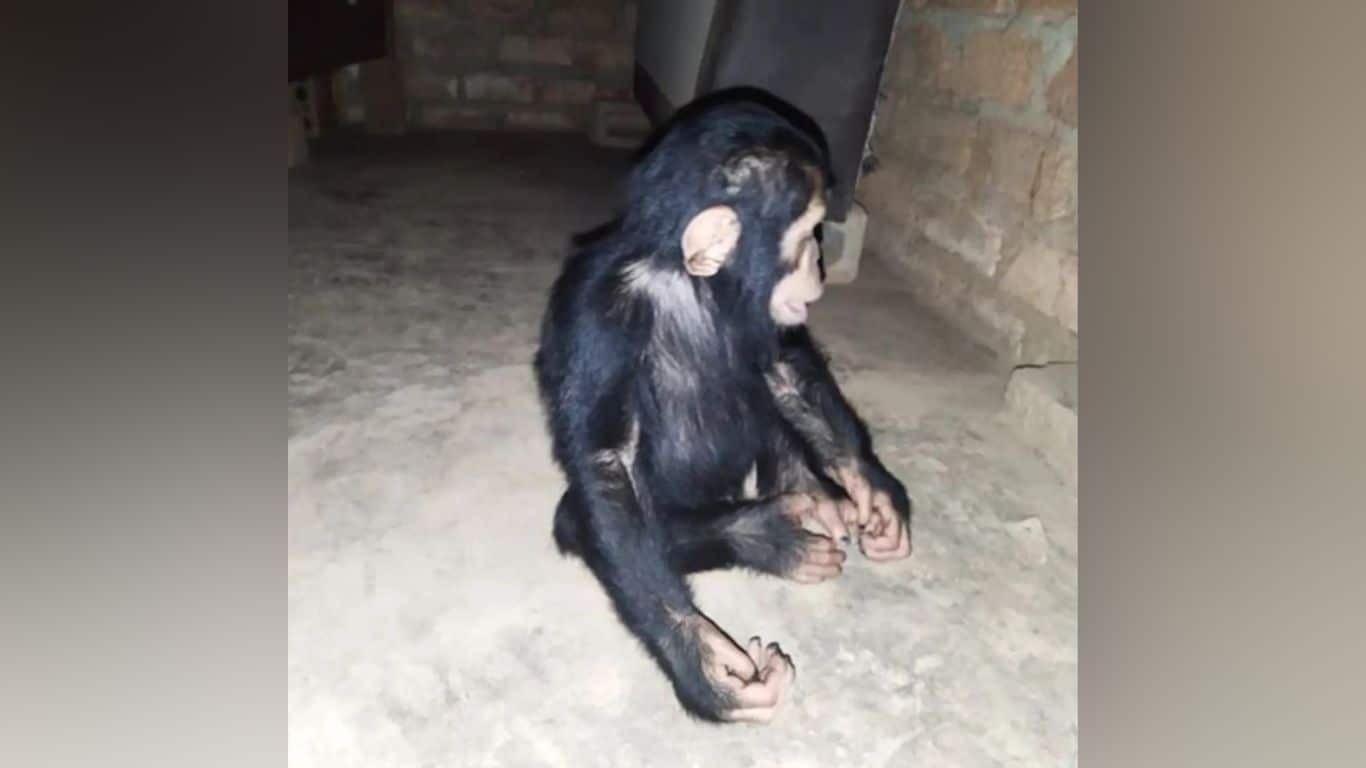
“They told us that they had planned to kidnap my children because they were supposed to come here on vacation. But they didn’t come so the kidnappers took these three babies hostage and demanded a large amount of ransom from us,” Chantereau said. He added that the kidnappers said they had drugged the animals and threatened to harm them if the ransom was not paid.
“Obviously, it’s impossible for us to pay the ransom,” Chantereau said. “Not only do we not have the money, but you need to understand that if we go their way, they could very well do it again in two months, and also we have no guarantee that they will return the baby to us.”
Chantereau also expressed concern that giving into these demands would fuel further kidnappings. “There are 23 sanctuaries across the continent doing this. If we pay the ransom, it could set a precedent and it could give ideas to others, so we must be extremely vigilant.”
These sentiments have been frankly echoed by the media advisor to DRC’s environment minister, Michel Koyakpa, who told CNN, “We will not give in to this kind of demand.” He added that, “(The kidnap) is inhumane and unnatural,” and said it was the first of its kind in the country’s history.
Koyakpa has said authorities are investigating the kidnapping in hopes of identifying the perpetrators in the coming days or weeks.
But it has now been two weeks since Chantereau last received any proof that the chimpanzees are still alive, and he is extremely worried.
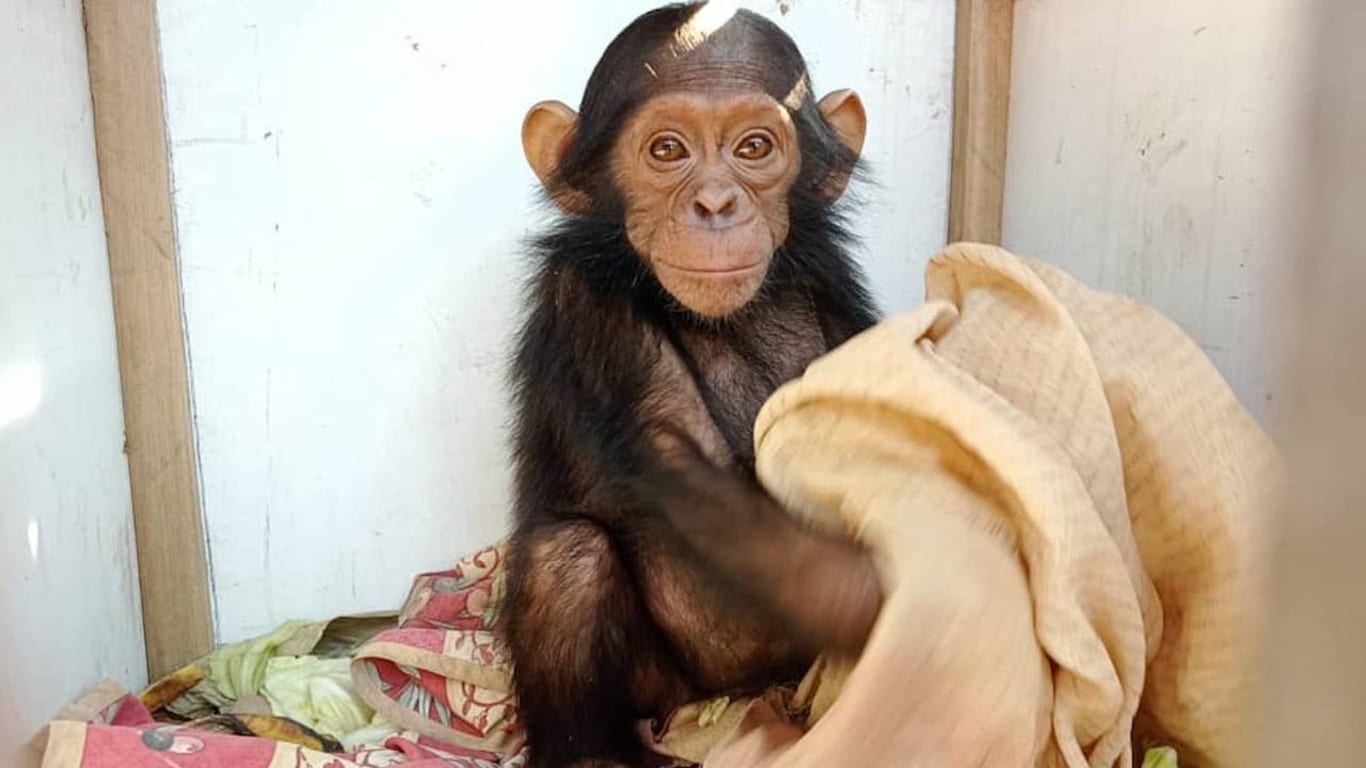
“We can’t get back to our daily life, we are completely devastated,” he said – but he will not be deterred in his mission to continue saving baby chimpanzees from smugglers.
He explained that in order to catch baby chimpanzees, entire families have to first be killed – around eight to 10 individual apes – and that the surviving babies often die before reaching their final destination. They are destined for the illegal pet trade, often purchased by people who want to keep an exotic animal in their home.
“They don’t understand the consequences of their actions because for one little baby to arrive in their hands, at least 10 have been killed,” he said. Nor do they understand the danger: chimpanzees are wild animals who grow up quickly. An adult chimp can kill a human with its bare hands.
Chantereau is bleak about the future. He feels kidnappings will happen more often as animal numbers dwindle, and smugglers find it harder to capture them in the wild. Sanctuaries like his are a target, he believes, as his animals are healthy and smugglers know exactly where to steal them from.
“We at Animal Survival International (ASI) are sickened to the core by this barbaric crime,” said David Barritt, executive director of ASI.
“We know that wildlife crimes are on the rise as people become more desperate. But what is most sickening about this particular crime is the sheer lack of compassion it shows towards a helpless, juvenile animal who is barely old enough to be away from its mother. Sanctuaries must be supported by local governments to strengthen their security measures and law enforcement must resist the tendency towards apathy in the face of these criminal rings. Without decisive action right now, our chimps will be obliterated from the wild – along with countless other irreplaceable species.”

